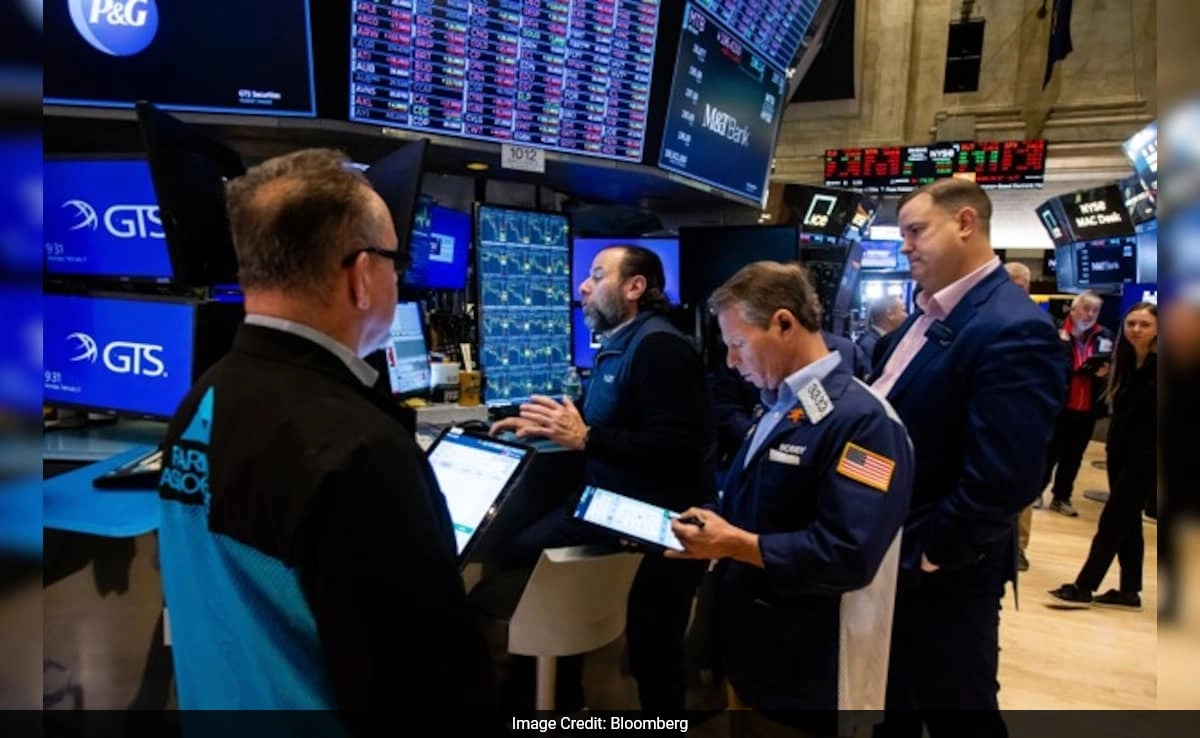The US stock market experienced a notable decline following former President Donald Trump’s announcement of what he termed “Liberation Day” tariffs. This new set of tariffs, aimed primarily at certain imports, has raised concerns among investors about potential trade tensions and their implications for the broader economy. The market reacted swiftly, with major indices showing significant drops as traders absorbed the potential impact of these tariffs on corporate earnings and global trade relationships.
Trump’s declaration of “Liberation Day” suggests a bold approach to revitalizing American manufacturing and reducing reliance on foreign goods. However, such measures often come with unintended consequences. The imposition of tariffs can lead to retaliatory actions from trading partners, exacerbating tensions that could hinder economic growth. Investors are wary of the potential for an escalation in trade wars, which could disrupt supply chains and increase costs for consumers and businesses alike. As a result, market participants are closely monitoring the situation, weighing the benefits of protecting domestic industries against the risks of isolationist policies.
In the wake of the announcement, sectors heavily reliant on international trade, such as technology and consumer goods, saw sharper declines, reflecting the apprehension surrounding increased costs and possible supply shortages. Analysts are now urging caution, stressing the importance of assessing not only the immediate effects of these tariffs but also their long-term implications. The stock market’s reaction underscores a broader sentiment among investors who are keenly aware that the economic landscape is highly interconnected. The uncertainty surrounding trade policies can create volatility in markets, prompting a reevaluation of investment strategies moving forward.
The ramifications of Trump’s tariffs will likely be a focal point in economic discussions and market analyses in the coming weeks. Investors are advised to stay informed about developments in trade policy and global market reactions. As the situation unfolds, it remains crucial for market participants to consider both the opportunities and risks presented by such bold economic measures, particularly in an environment already characterized by uncertainty due to inflationary pressures and ongoing geopolitical tensions. Ultimately, the “Liberation Day” tariffs may serve as a catalyst for broader discussions about the future of American trade policy and its effects on the stock market and the economy as a whole.




